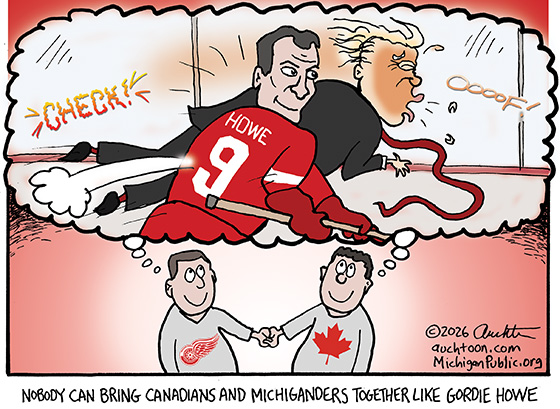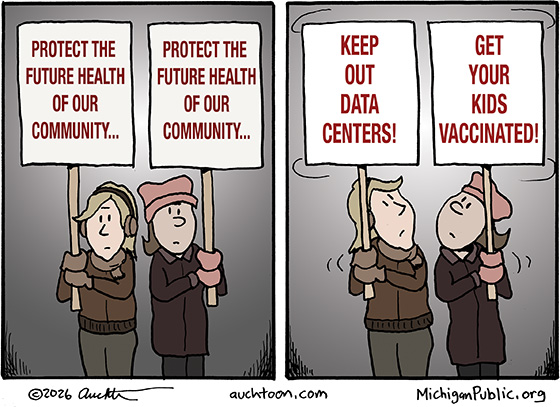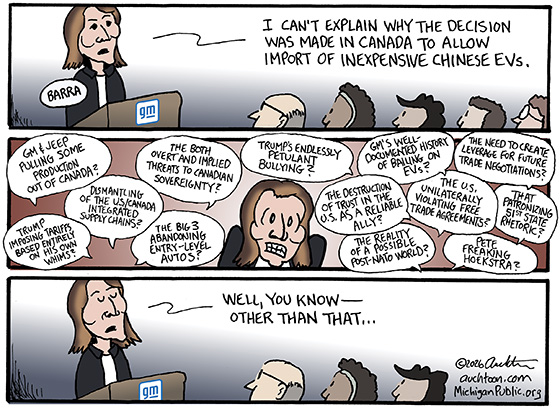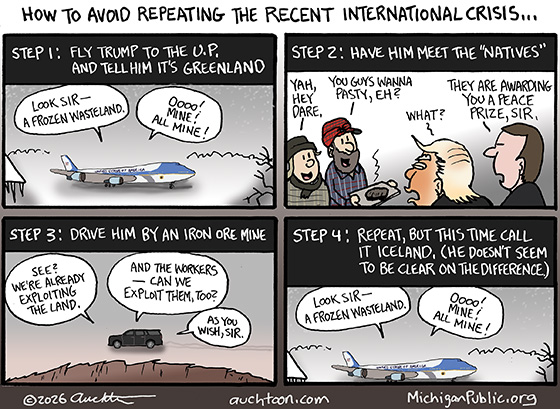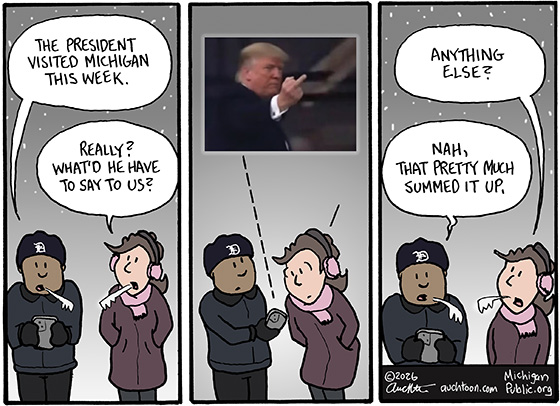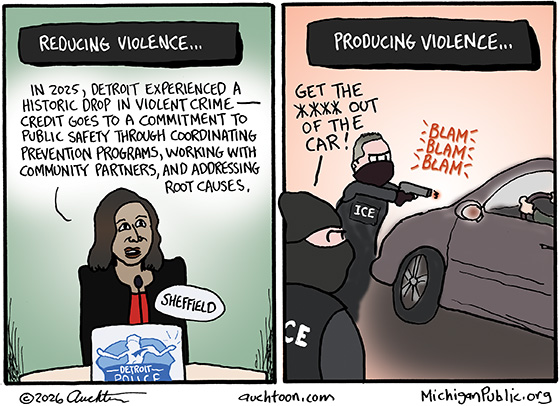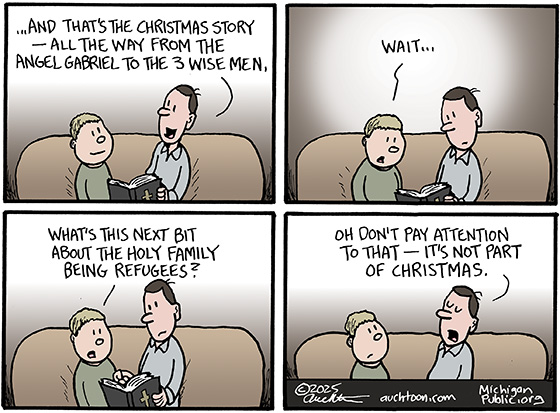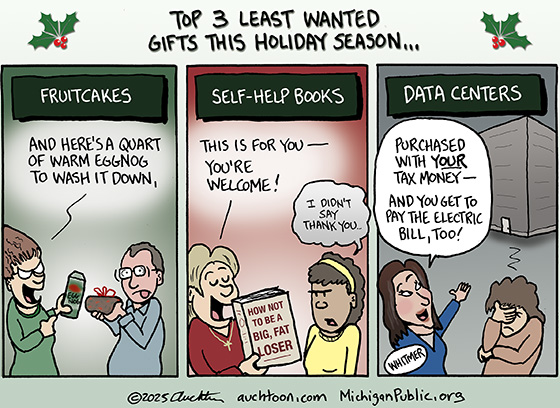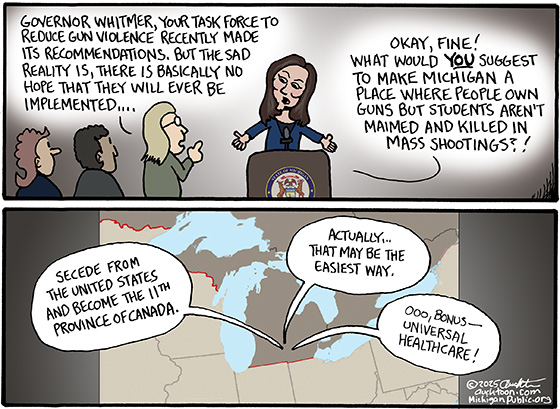Who Are You Anymore?
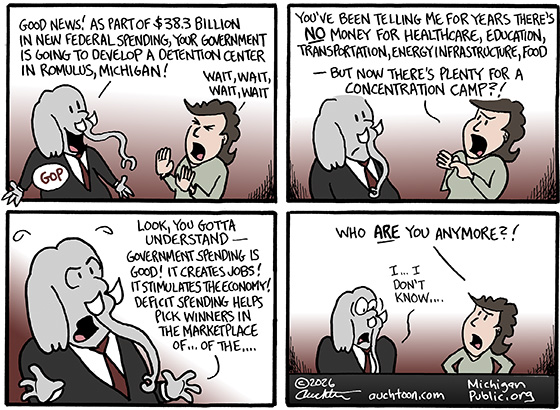
It’s natural for political parties to evolve. Over the course of time, they adjust to meet the realities of their current era. A century ago, the Democratic Party was primarily a combination of Jim Crow southerners and working-class northerners. Sixty years later it started shifting more toward the party of minorities and women. And today, it’s the neurotic, often self-defeating mishmash that we all know.
Of course, the Republican Party evolved over time, too. But these past couple of decades, it’s been not so much a shift as an astonishing, mind-bending leap. I think Ronald Reagan, and especially Gerald Ford, would find the current GOP absolutely unrecognizable.
Case in point, the willy-nilly, money-is-no-object acquiring and transforming of warehouses into detention centers for (let me check my notes) anybody potentially opposed to them! Their plan is to spend $38.3 billion. Give or take. (The modern GOP doesn’t seem to be all that concerned about budgeting.)
As part of this, there is a proposed detention center in southeast Michigan that is being marketed as a job creator and an economy stimulator. Where have all the fiscal conservatives gone? Where have all the strict constitutionalists gone? Where have all the rational adults gone?
